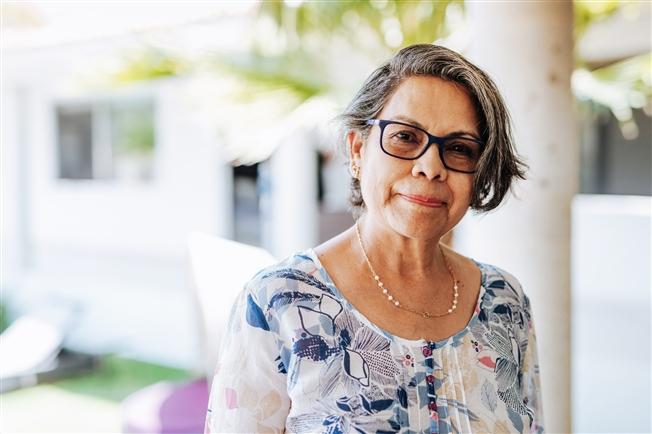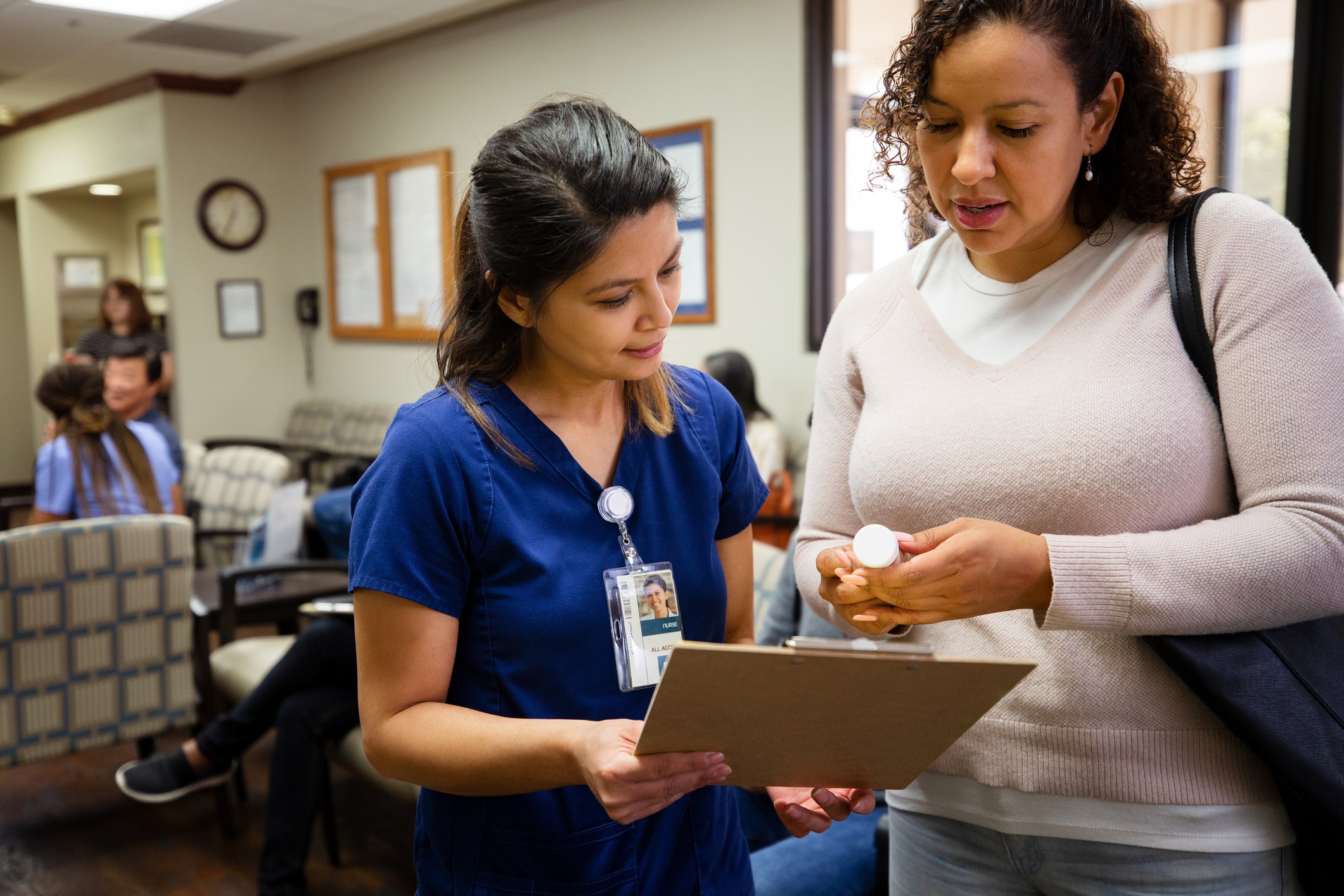Heart disease risk factors in Hispanic women

Heart disease doesn’t discriminate—it is the leading killer of women of every age and race. However, research has continued to show that heart disease is especially common among communities of color. Among Hispanic communities in particular, women develop heart disease a full decade younger than non-Hispanic women.
Despite these risks, only 1 in 3 Hispanic women are aware that heart disease is the leading killer of women.

Why is heart disease so prevalent in the Hispanic community?
In general, women are at a greater risk for death from heart disease than men but there are also a number of cultural considerations that can contribute to heart disease risk among Hispanic women.
First, Hispanic women are often caretakers not only for their partners and children but also for generations of family members who may live under the same roof or nearby.
“The Hispanic culture is one that heavily emphasizes family and togetherness. Women are the backbone of this structure; they are often called upon to be caregivers for spouses, children, siblings and parents,” says Maribel Hernandez, MD, an electrophysiologist at Lankenau Heart Institute and medical director of the Women’s Heart Initiative. In being caregivers, many women prioritize the needs of others to the point that they lose sight of their own health and wellbeing.
Additionally, according to the US Department of Health and Human Services Office of Minority Health, Hispanic women are more likely to be overweight or obese than non-Hispanic white women. Obesity can lead to higher rates of diabetes and hypertension, two common risk factors for heart disease.
Managing your weight can be difficult without access to nutritious food, which can present another issue for many in the Hispanic community. Living in areas or neighborhoods without access to healthy food—“food deserts”—can make managing your weight and heart disease risk even more difficult.
This is just one of the socioeconomic factors that can cause heart disease to be more prevalent in Hispanic communities.
“Women in Hispanic communities often do not have the same access to comprehensive, affordable care that non-Hispanic women do,” says Dr. Hernandez. “Many Hispanic women are uninsured, do not have an established relationship with a primary care physician, or a hospital or health center nearby that offers providers who speak Spanish or offer adequate translation services.”
All of these factors can affect a woman’s willingness to seek routine health care or, sadly, care in an emergency.

How Hispanic women can manage their heart disease risk
Education is the first step to managing your heart disease risk, says Dr. Hernandez.
“Only one-third of Hispanic women know that heart disease is their greatest risk,” she reminds women. “The more we know about our cultural and personal risk factors, the better equipped we will be to manage these risks. I encourage all women not only to have conversations about heart disease with their primary care provider, but also with the other women in their life.”
If it’s been a while since you’ve seen your primary care provider—especially if you have a personal or family history of heart disease, heart attack or stroke—make an appointment for a check-up. This will give you the chance to discuss how you can proactively manage heart disease risk, including knowing key heart health numbers like your blood pressure, cholesterol, BMI, triglycerides and your body weight.
If you do see a doctor regularly, make sure it’s someone you feel comfortable talking to and who is receptive to and respectful of your concerns. If you don’t, find a provider who better meets your needs.
“If you have the symptoms of heart disease or are concerned there is something wrong with your heart, do not let anybody dismiss these concerns,” says Dr. Hernandez.
If you have questions related to your heart health or would like more information about the Main Line Health Women’s Heart Initiative, our team of cardiologists and support groups, please call 484.476.3WHI (484.476.3944). Main Line Health is also a proud sponsor of the American Heart Association’s Go Red For Women campaign.